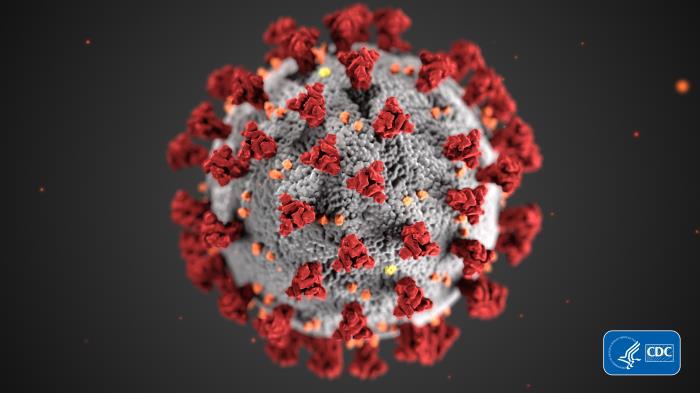The nursing home chain HCR ManorCare has — like many other skilled nursing operators — been badly affected by the COVID-19 pandemic still moving through the U.S.
And like many other operators, it’s struggling to find the needed personal protective equipment (PPE) and testing kits, despite mandates from multiple states requiring testing and full stockpiles of gear.
ManorCare, which is owned by the Toledo, Ohio-based ProMedica Health System and has 222 skilled nursing and assisted living facilities across the U.S., has logged almost 1,500 positive COVID-19 cases in house — with a mortality rate near 15% — chief medical officer Dr. Mark Gloth said during a phone press conference held Tuesday morning. He said in response to questions that about 500 employees are either in the process of being tested or have tested positive; it wasn’t clear if this was included or in addition to the 1,500 cases.
“What is particularly distressing even beyond this is that when we have done full-house testing for employees and patients, we have seen that up to 70% of our health care providers who have been tested as positive, were completely asymptomatic,” Gloth said. “And anywhere from 30% to 50% of our patients who have tested positive did not present with any overt symptoms that would have suggested that they had this deadly and daunting virus.”
Still, ManorCare has also seen more than 400 COVID-19 recoveries at its facilities, and though supplies of PPE are limited, it has been able to meet the needs of its buildings — albeit with “enormous effort” from both the organization and the communities, he added.
That effort is compounded by some states issuing requirements on the use of full PPE, even when supplies are short. Gloth pointed to Maryland, which has aggressively moved to prioritize SNFs and assisted living facilities for protection against COVID-19, as one example. While he expressed support for their initiatives, the state’s initial requirement of full PPE for all SNFs and ALFs posted a challenge.
But Maryland actually had to move away from that requirement because of a lack of supplies, Gloth noted. Some states have started to help provide PPE, with counties and local health departments dropping off supplies at individual facilities; he pointed specifically to Florida, Pennsylvania, and Ohio, as well as across the country among other states where supplies are available.
Donations have been a major source of supplies, “in addition to outsourcing every vendor on the planet that we could think of,” Gloth said. He also praised ManorCare’s central supply team, but acknowledged that significant shortfalls still remain, even though supplies of procedural masks and N95 respirators have improved.
“Gowns are the biggest difficulty that we have; that’s the thing that keeps me up at night when I think about PPE,” he said on the call.
But the other major challenge for ManorCare is testing kits. The ability to test has emerged as vital to halting the spread of the novel coronavirus — particularly in the skilled nursing setting where asymptomatic or presymptomatic residents and workers can accelerate major outbreaks.
Maryland has a mandate that all SNF residents and employees be tested; the problem is the supply of test kits, or lack thereof. ManorCare, which has “a number of facilities” in Maryland, has felt the pinch of that shortfall.
As a result, it does not matter that ManorCare has the support teams, swab teams, and nurse practitioners to do the testing — which Gloth emphasized that it does. The problem is local health departments and labs: “They don’t have kits.”
“We’re able to get about 10% of what we really need in our facilities,” he said. “It’s day by day by day. Then you have families who justifiably are calling us up and saying, ‘Hey, how come you haven’t tested my loved one yet? The governor said that we have to do that.’ They’re hearing those reports. And our answer is: We don’t have the kits.”



